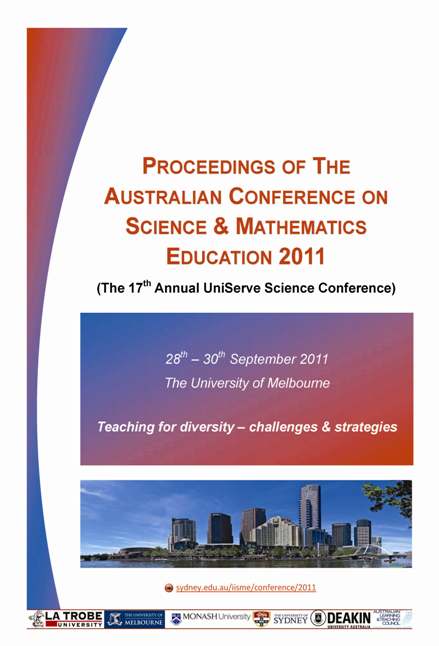Implementing the LTAS Science project: learning outcomes as tools for curriculum change
Abstract
The context for higher education in Australia is changing rapidly and we need to be responsive to the increased diversity of our student intake: 1. By 2025, 40% of 25-35 yr olds with a bachelor or higher degree; 20% of undergraduate enrolments will be low SES; more students will be ‘first in family’; and commencing students will have a greater range of pre-university experiences. 2. TEQSA will audit Australian Higher education institutions against five sets of standards, including learning and teaching standards. Thus, eventually, universities will be required to demonstrate that their graduates meet a set of agreed learning outcomes. The focus is moving from educational inputs to assuring the quality of the outputs. 3. In addition, society in the twenty-first century faces more and more challenges that require well-trained science professionals and a scientifically literate community: yet enrolments in university science programs are generally declining. In this challenging era of widening participation, how can we as a sector maintain and assure academic standards in science degree programs across a diverse range of different institutions? How, through our curriculum planning, can we excite students about studying science at university level?Downloads
Published
2011-08-12
Issue
Section
Ideas Exchange
